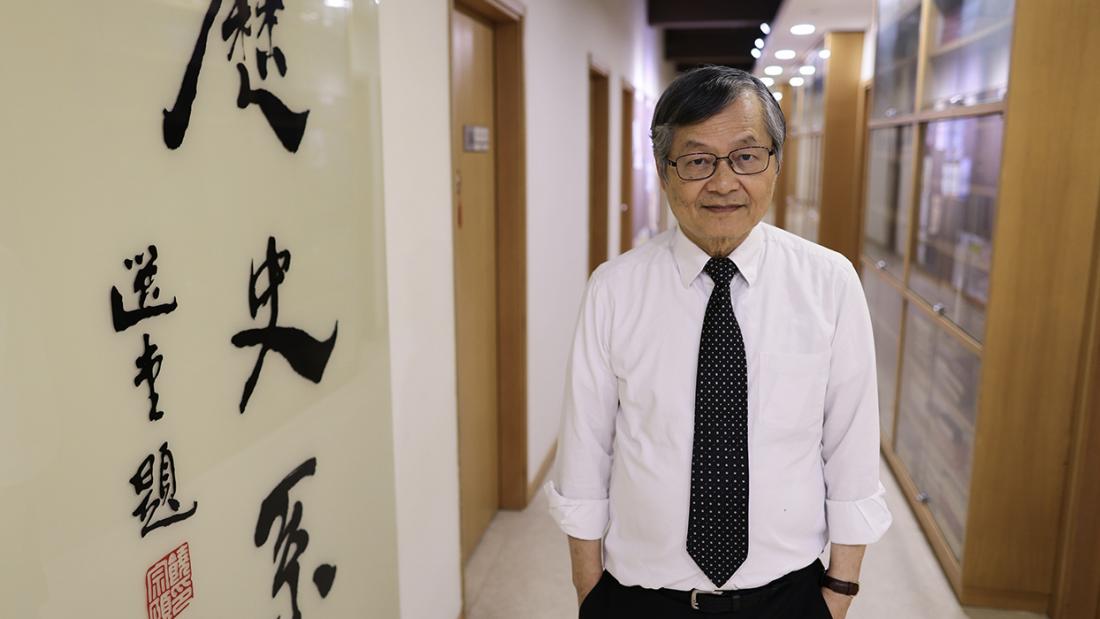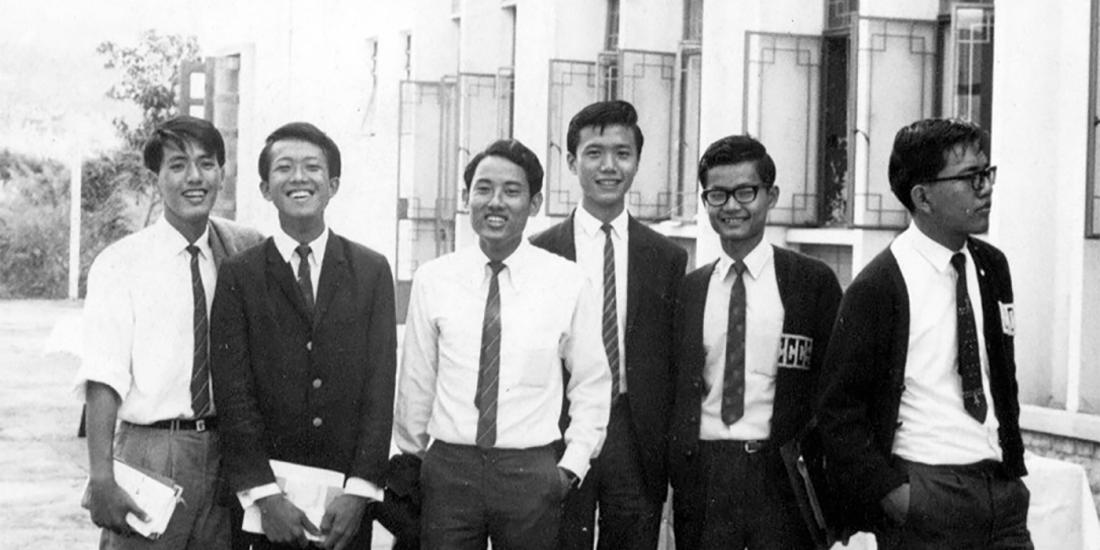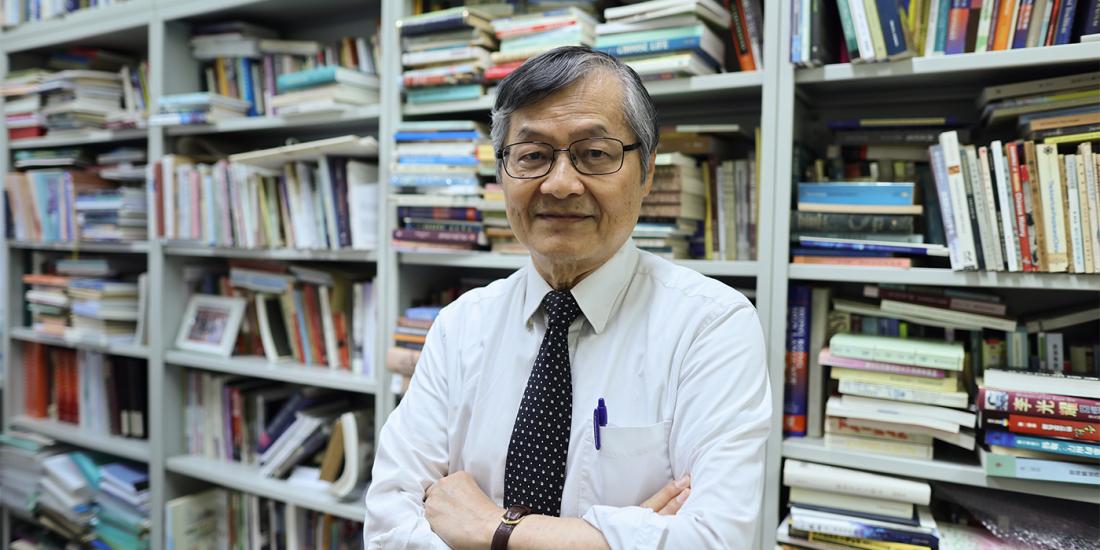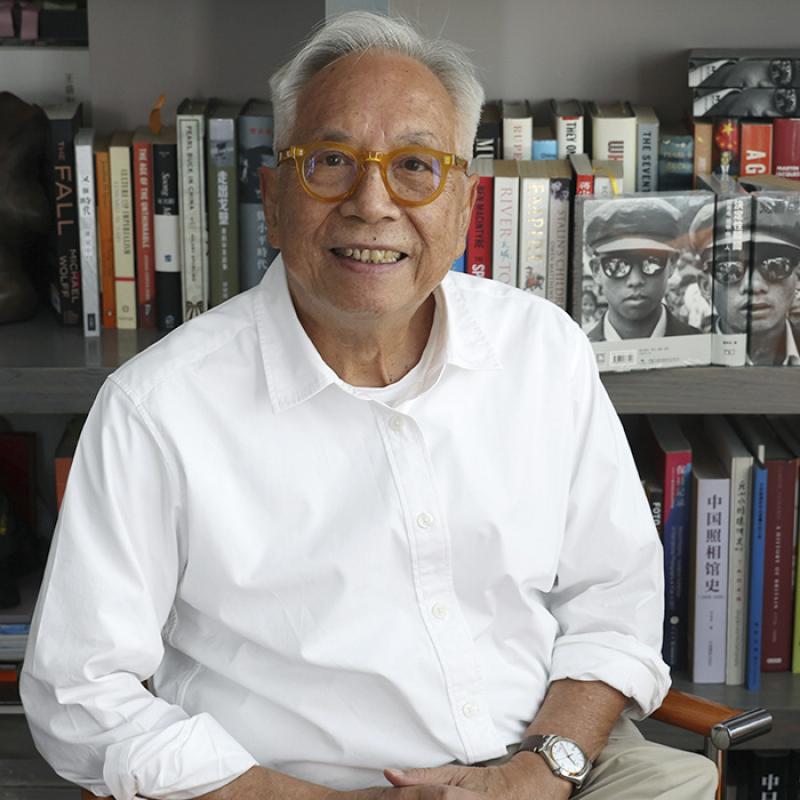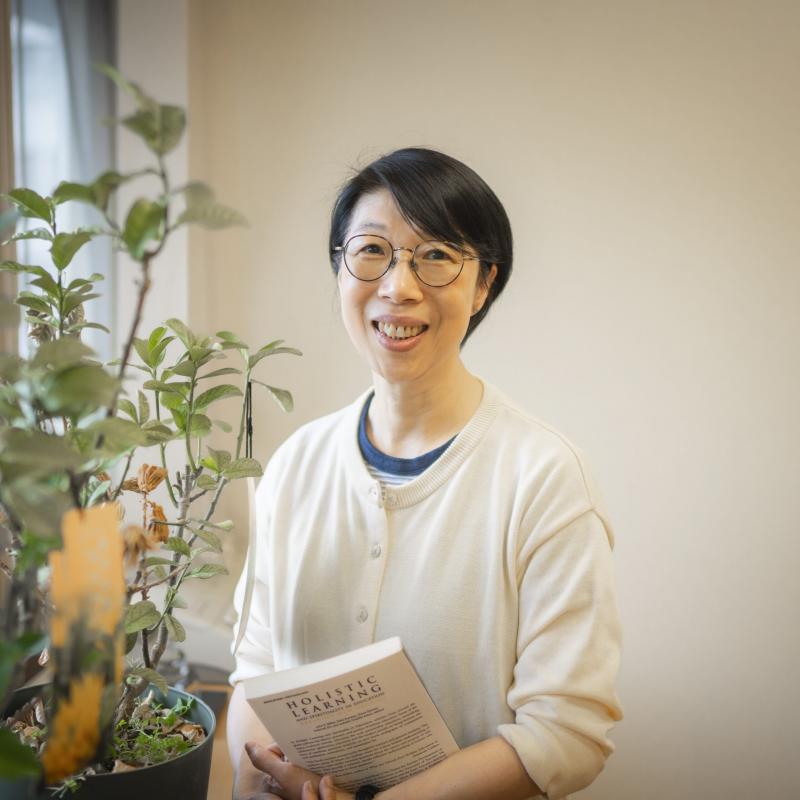With time, Professor Leung gradually found his niche as a history student. The more he exposed himself to the subject, the more his curiosity and enthusiasm grew. He adds that he also encountered some of CUHK’s greatest teachers.
“I can still recall how interesting Professor Leo Lee Ou-fan’s lessons were! At that time, Lee had just graduated from Harvard University and joined the Department as a lecturer. He often brought in fresh ideas and encouraged us to think outside the box. At that time, I started to find history interesting and challenging, and wanted to dig deeper into the subject.”
Later, while teaching at evening school, he realised that conducting research was where his true passion lay. Towards the end of his second year at university, Professor Leung became determined to sink his academic teeth into historical research. He buried himself in history books. Joseph R. Levenson’s Confucian China and Its Modern Fate: A Trilogy was one of his favourites. The extensive knowledge he obtained from this reading laid a solid foundation for his subsequent rise in academia.
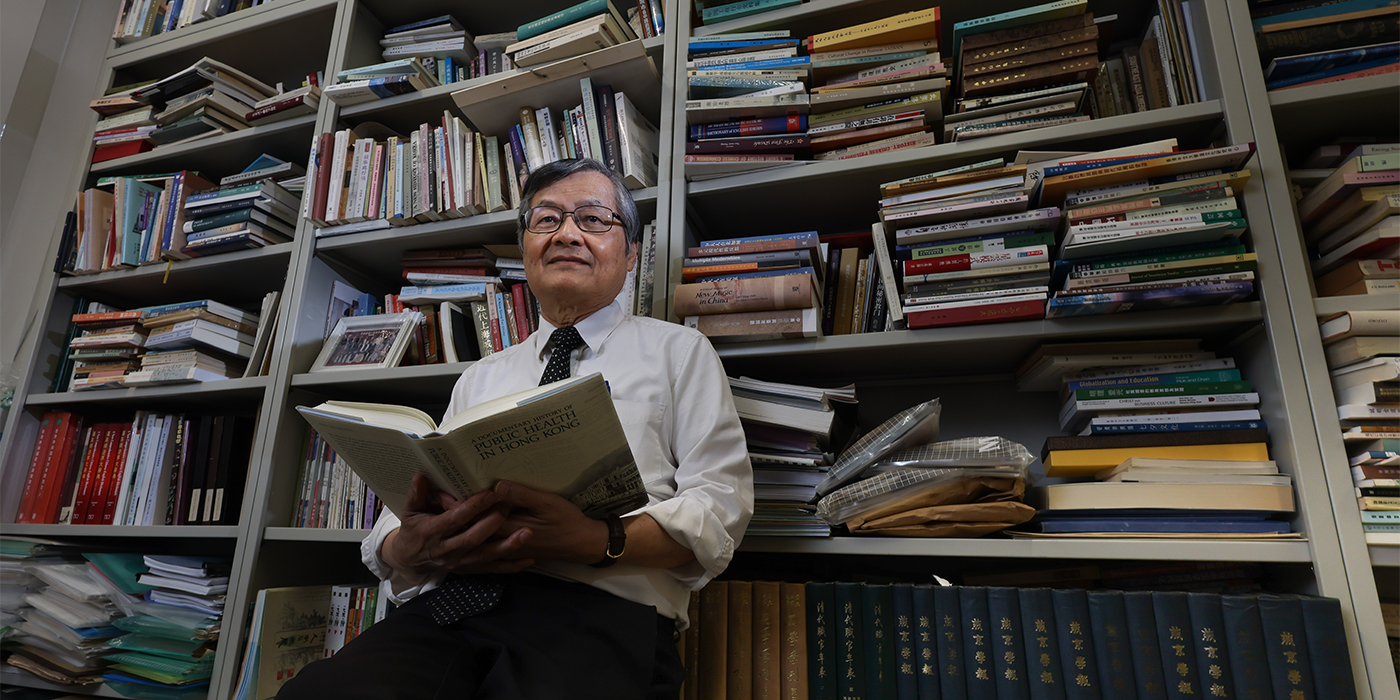
Advocating for history
From a history student to a leading research expert in the field, Professor Leung believes that passion is the fire that fuels persistence. Although his research spans different disciplines, modern Chinese history has always been his favourite. His early interest gradually developed into an abiding passion. “The five areas of modern Chinese history are like the five petals of a plum blossom,” he says. “It includes the history of ideas, Confucianism, culture and ideology, migration, and Christianity. At school, I used to enjoy reading and transcribing original texts. I also had the chance to learn from many distinguished historians at CUHK who are experts in Chinese history.”
Professor Leung has now been involved in historical research for over 50 years and has taught in the United States, Singapore and Hong Kong. He observes that people from different regions perceive history differently. “For instance, history is a compulsory high school subject in the US. In Europe, a lot of professionals in political, legal and business fields are history degree holders.”
In Hong Kong, by contrast, people tend to place less importance on history studies and focus more on professional disciplines. “As a history lover, I hope Hong Kong society will give more recognition to the significance of history studies. I look forward to exchange ideas with students coming from different countries!”
Last year, Professor Leung initiated the CUHK 60th Anniversary Oral History Project, penning and recording anecdotes of 60 members of CUHK community who have played an important part in the University’s development. “We are history writers of our time,” says Professor Leung. “It’s exciting to see history being recorded both on paper and on screens!”
By Gillian Cheng
Photos by D. Lee
CUHK in Focus

